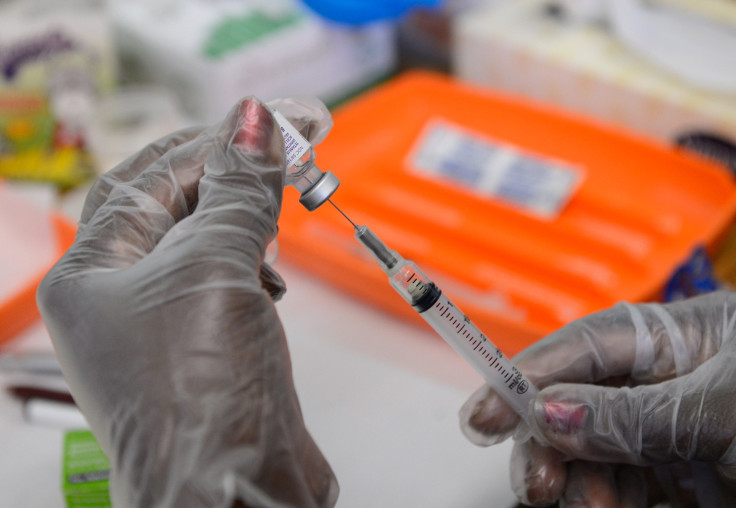Is Pneumonia Contagious?

The temperatures are dropping which means more people are venturing out in public areas with coughs and sniffles. While those symptoms seem harmless, the person may be unaware that they could be spreading an illness like pneumonia.
Pneumonia is an infection that occurs in the air sac of the lungs, causing it to fill it with pus or fluid. This blockage makes it difficult for the carrier to breath and can affect the amount of oxygen that reaches the bloodstream.
The most common types of pneumonia are bacterial and viral, according to Healthline. Both infections are considered contagious and can be passed through coughing, sneezing, exchange of saliva, touching a tissue of the carrier or not washing your hands.
However, fungal pneumonia, which can be caused by breathing in fungal spores, isn’t contagious. Those who are healthy aren’t as susceptible to fungal pneumonia compared to those who have weakened immune systems from chemotherapy, rheumatoid arthritis, HIV or an organ transplant.
While antibiotics can be used to treat bacterial pneumonia, it won’t help anyone with viral pneumonia, according to WebMD. Those individuals will be required to drink lots of fluids, take medication and get lots of rest.
Pneumonia is a serious infection, those who suspect they have it should contact their doctor for further instruction.
© Copyright IBTimes 2025. All rights reserved.






















